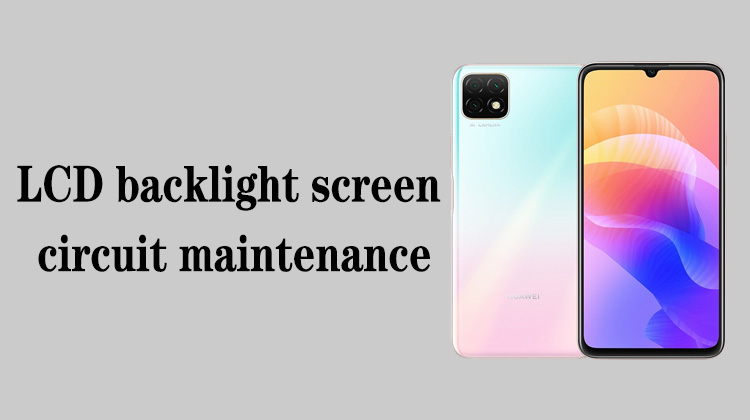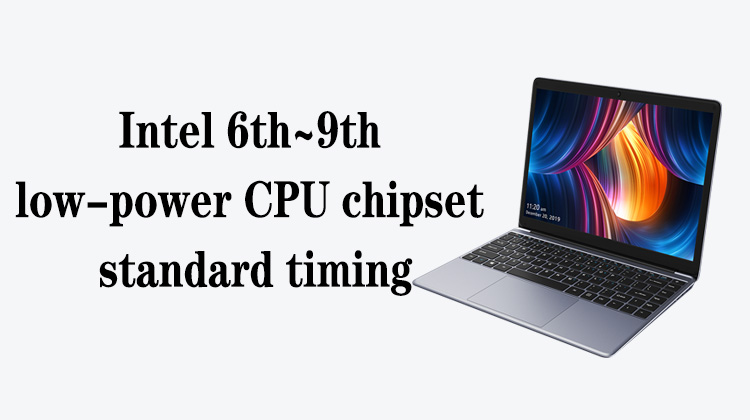1
00:00:00,366 --> 00:00:06,566
Hello everyone, today we are going to learn what components PWM power supply mode consists of
2
00:00:09,933 --> 00:00:14,933
First of all, PWM power supply mode needs four components,
3
00:00:15,300 --> 00:00:20,866
control chip, MOS tube, inductor and filter capacitor
4
00:00:26,866 --> 00:00:31,700
In real objects, each inductor represents a PWM circuit
5
00:00:35,133 --> 00:00:38,366
The filter capacitor is at the back end of the inductor,
6
00:00:38,766 --> 00:00:42,100
and the upper and lower tubes are at the front end
7
00:00:43,766 --> 00:00:47,866
The D pole of the upper tube is connected to the common point voltage,
8
00:00:48,433 --> 00:00:52,633
the S pole of the upper tube is connected to the front end of the inductor,
9
00:00:52,866 --> 00:00:55,566
and the D pole of the lower tube is connected
10
00:00:56,833 --> 00:00:59,400
The S pole of the lower tube is grounded
11
00:01:01,233 --> 00:01:05,666
The G poles of the upper and lower tubes are controlled by the control chip
12
00:01:07,566 --> 00:01:15,500
The pin that the chip controls the upper tube G pole is called the upper tube drive, commonly known as UGATE
13
00:01:17,566 --> 00:01:24,966
The pin that the chip controls the G pole of the lower tube is called the lower tube drive, LGATE
14
00:01:27,366 --> 00:01:32,900
The end where the inductor is connected to the MOS tube is called the front end of the inductor
15
00:01:34,733 --> 00:01:41,200
The end connected to the capacitor is called the back end of the inductor, which is the voltage output end
16
00:01:42,500 --> 00:01:48,266
The front end of the inductor is connected to the S pole of the upper tube and the D pole of the lower tube,
17
00:01:49,100 --> 00:01:52,600
and it also returns to the phase pin of the control chip
18
00:01:57,233 --> 00:02:01,000
Ok, this is the basic architecture of PWM power supply
19
00:02:04,733 --> 00:02:08,966
In a real circuit, the front end is connected to the MOS tube,
20
00:02:10,066 --> 00:02:12,200
and the back end is the inductor
21
00:02:16,633 --> 00:02:20,100
Use a multimeter to measure the 1 pin of two MOS tubes
22
00:02:21,766 --> 00:02:27,400
If the pin 1, 2, or 3 of one of the two MOS tubes is connected to the ground,
23
00:02:28,033 --> 00:02:30,266
it means that this is the lower tube
24
00:02:31,333 --> 00:02:35,566
Because pin 1, 2, or 3 of the upper tube is not grounded
25
00:02:36,033 --> 00:02:40,533
The multimeter is set to the diode gear, the red pen is grounded,
26
00:02:41,900 --> 00:02:47,133
and the black pen is used to measure pin 1, 2, or 3 of the two MOS tubes
27
00:02:50,200 --> 00:02:53,200
The one that communicates with the ground is the lower tube,
28
00:02:53,933 --> 00:03:00,333
that is, the S-pole of the MOS tube communicates with the ground, which means that it is the lower tube
29
00:03:03,366 --> 00:03:06,733
Next, let's take a look at the DrMOS power supply
30
00:03:09,933 --> 00:03:14,200
In this way, the upper and lower tubes are integrated into the chip
31
00:03:18,800 --> 00:03:24,200
So it only consists of control chip and inductor/ capacitor, no MOS tube
32
00:03:28,500 --> 00:03:31,100
That's how it works in real circuit
33
00:03:31,766 --> 00:03:36,400
This is the DrMOS power supply, the chip is connected to the inductor,
34
00:03:37,300 --> 00:03:40,666
inductor at the back of the filter capacitor on the mainboard
35
00:03:42,033 --> 00:03:47,166
The end of the inductor connected to the capacitor is called the back end of the inductor
36
00:03:54,200 --> 00:04:01,000
This end of the inductively connected chip is called the inductor front end, and this is also called the phase pin
37
00:04:04,800 --> 00:04:08,000
Okay, so this is the common PWM power supply
38
00:04:10,900 --> 00:04:12,966
So that's it for this lesson







